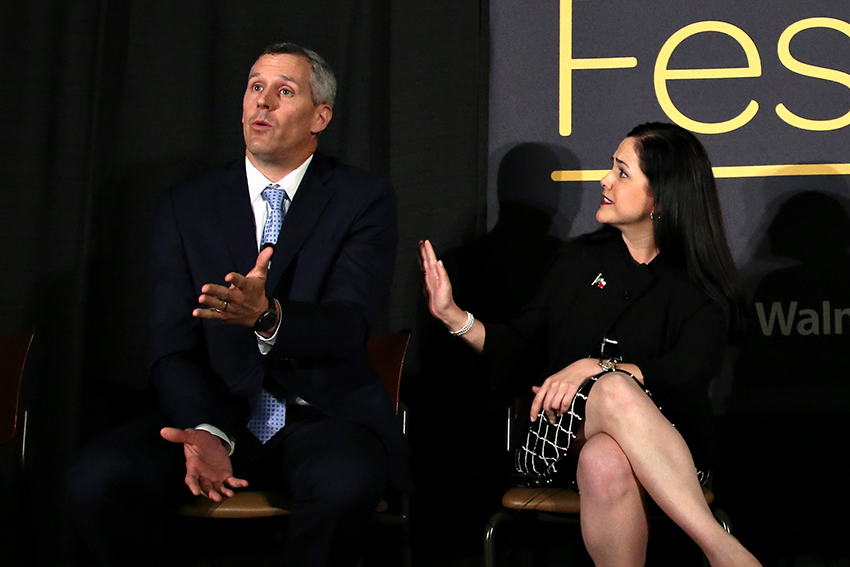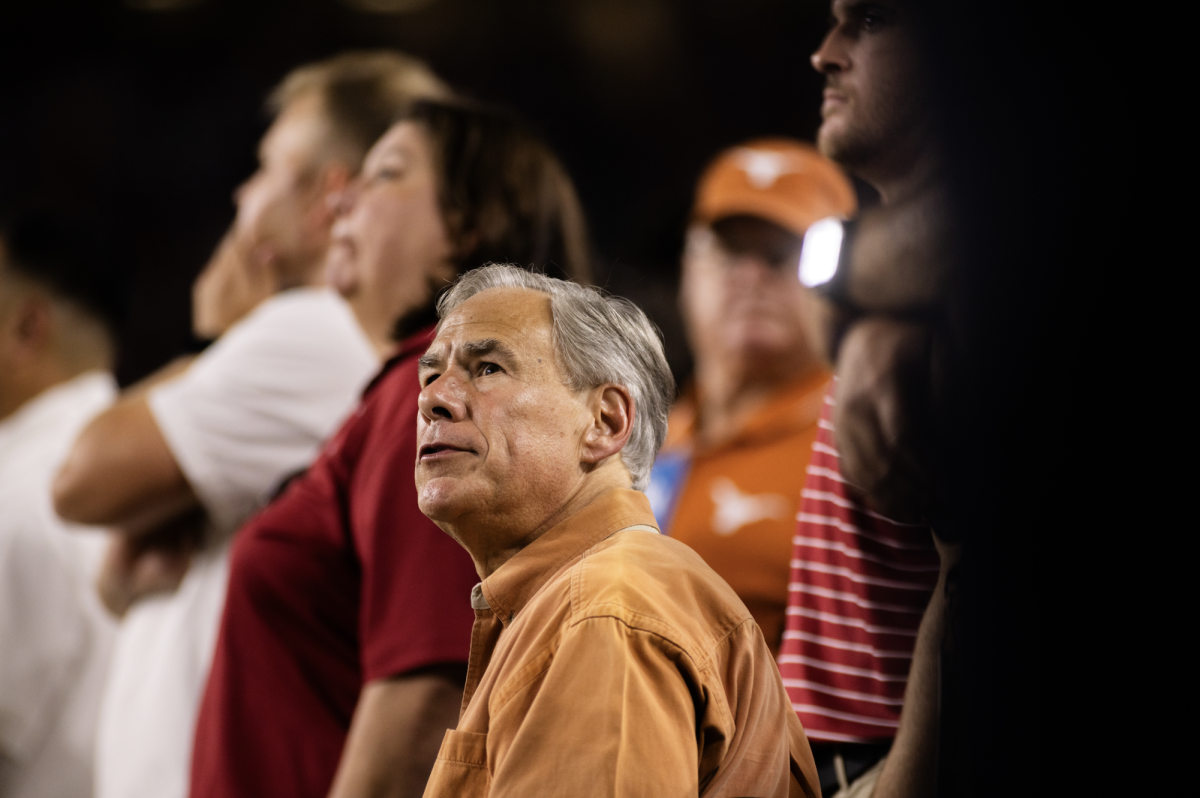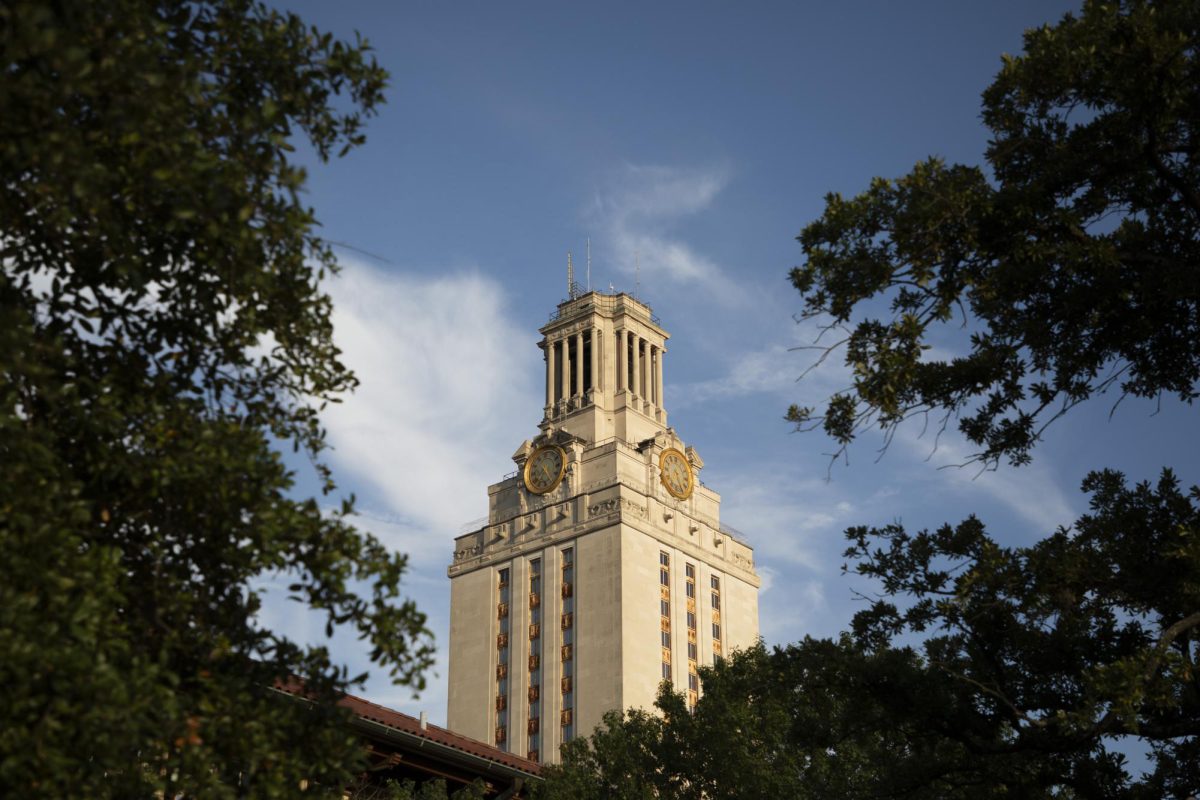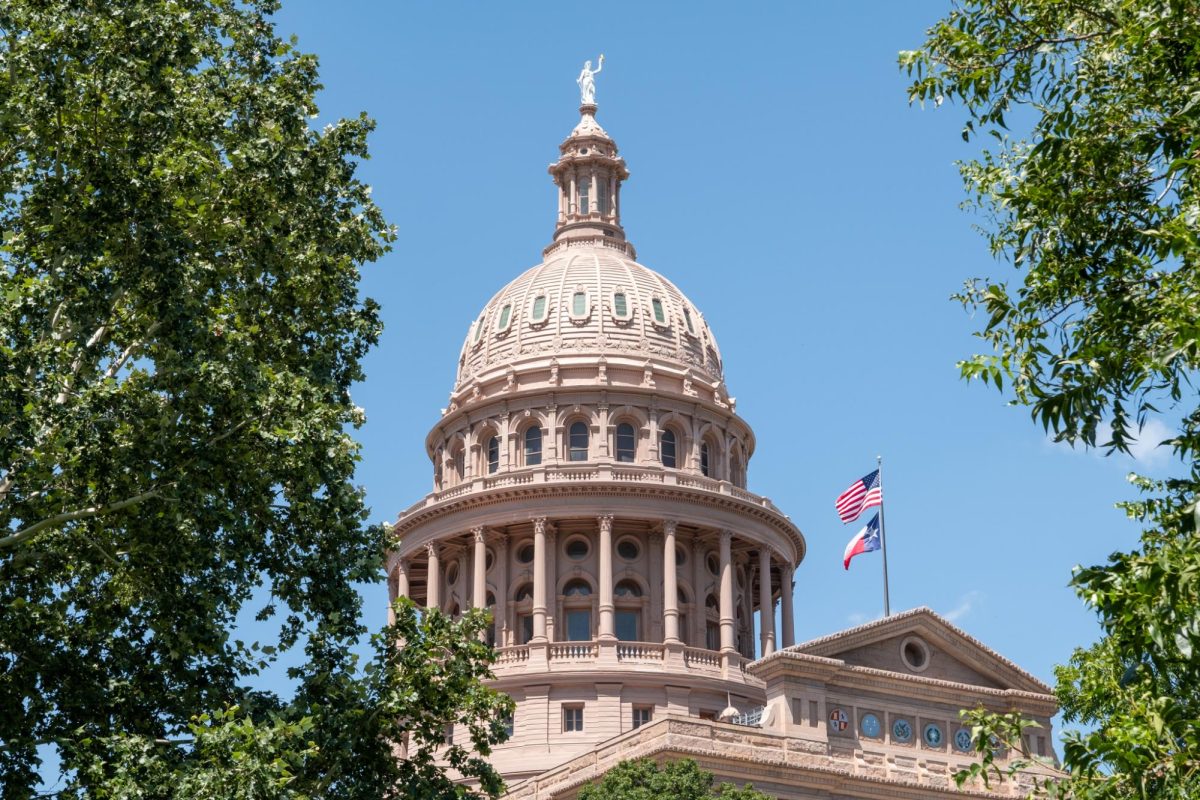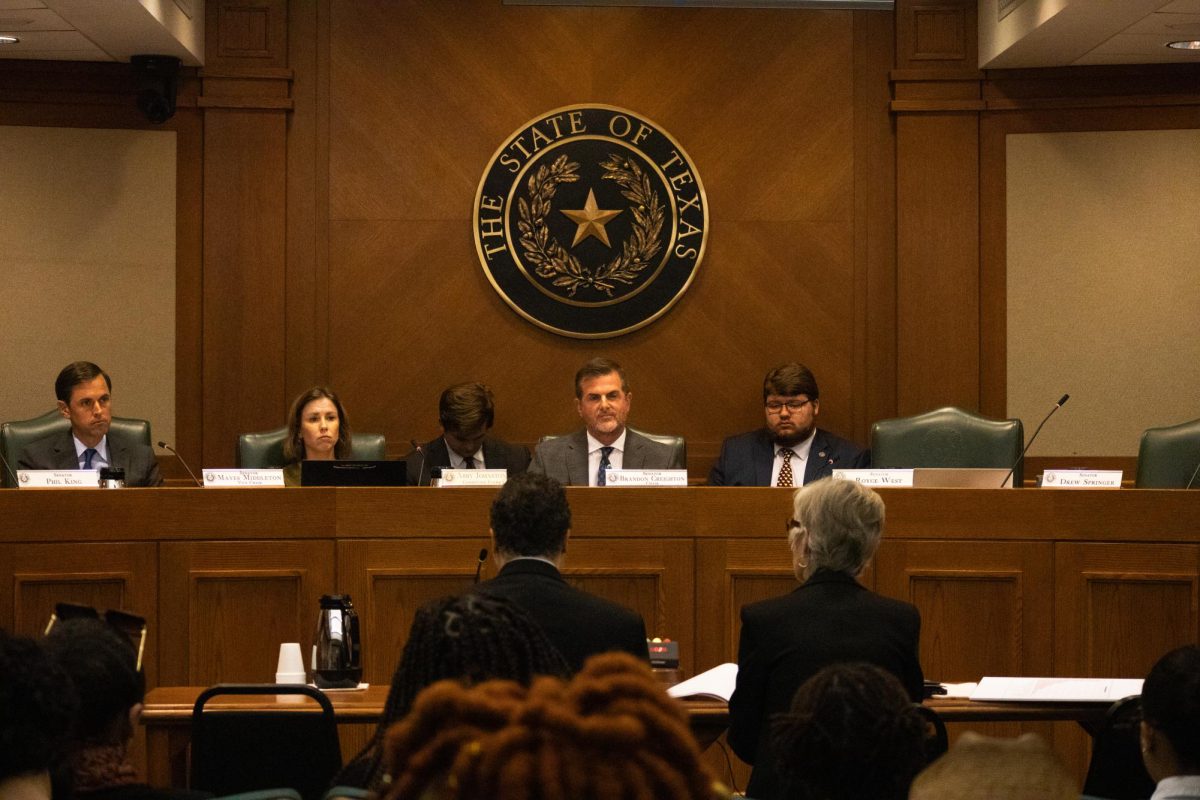Politicians rehashed the sanctuary cities and Uber controversies, reopening the debate about city and state control at this weekend’s Texas Tribune Festival.
The divide between state politicians and Austin lawmakers became evident at two Saturday panels about local liberty and sanctuary cities policies, which have pushed to protect undocumented immigrants. Heated discussion about Senate Bill 4, the anti-sanctuary cities bill, brought up the question of how law enforcement handles federal immigration in Texas.
State Rep. Matt Schaefer, R-Tyler, one of the key sponsors of SB 4, said states should create policies that ensure local law enforcement cooperate with federal U.S. Immigration Customs and Enforcement agents. Confident that SB 4 will be upheld as constitutional by courts, Schaefer critiqued local officials in cities like Austin.
“The movement for sanctuary cities is growing and growing, and we will say, ‘No more,’” Schaefer said. “(Travis County Sheriff) Sally Hernandez supports protecting illegal criminals.”
State Sen. Dawn Buckingham, R-Lakeway, said SB 4 gave local law enforcement “another tool” to protect communities.
Charles Wilkinson, a law enforcement lobbyist, said SB 4 places too much responsibility on local police departments, which can be sued for holding immigrants in their jail cells for too long until federal immigration enforcement arrives. State Rep. Ana Hernandez, D-Houston, added that a Dallas county jail currently faces a lawsuit for violating the due process rights of immigrants held in its jail cells who never got picked up by ICE.
Though panelists admitted various cities in Texas voiced opposition to SB 4, Schaefer and Buckingham continued defending the law.
At the festival’s Local Liberty panel, the issue of local control came up with the recent implementation of legislation which overturned previous city regulations on ride-hailing services. State Rep. Chris Paddie, R-Marshall, said state legislators should leave some decisions — like tax rates — to local governments.
However, Paddie said his job as a state representative is to reflect the interests of the state, not of local governments. Paddie said he supported the legislation allowing ride-hailing services Uber and Lyft to return to cities like Austin.
“It was nothing against Austin or Dallas or a county judge or a mayor or anything like that … it was about my people,” Paddie said. “My goal was to make sure the people that I represent have the same opportunities as people in other places, and that came about because of statewide regulations.”
State Sen. Don Huffines, R-Dallas, went head-to-head with Travis County Judge Sarah Eckhardt and defended state action in local policies. Huffines said cell phone use while driving is an example of an issue the state should decide, because differences in cell phone policies across the state would be confusing.
“We do have an obligation to oversee what (local legislators) are doing,” Huffines said.
Eckhardt said state legislators don’t always listen to the desires of a local community, “When the Legislature spends (its) time putting forward weaponized legislation that actually doesn’t govern, it really messes up our world,” Eckhardt said.
State Rep. Gina Hinojosa, D-Austin, represents UT and the surrounding area in the Legislature. Hinojosa said local governments work more closely with communities than the state government does to keep them functioning.
“It’s just a different world,” Hinojosa said. “When we’re sitting at the state level trying to create policy, I think it’s important that we remember that’s why local government knows best.”

